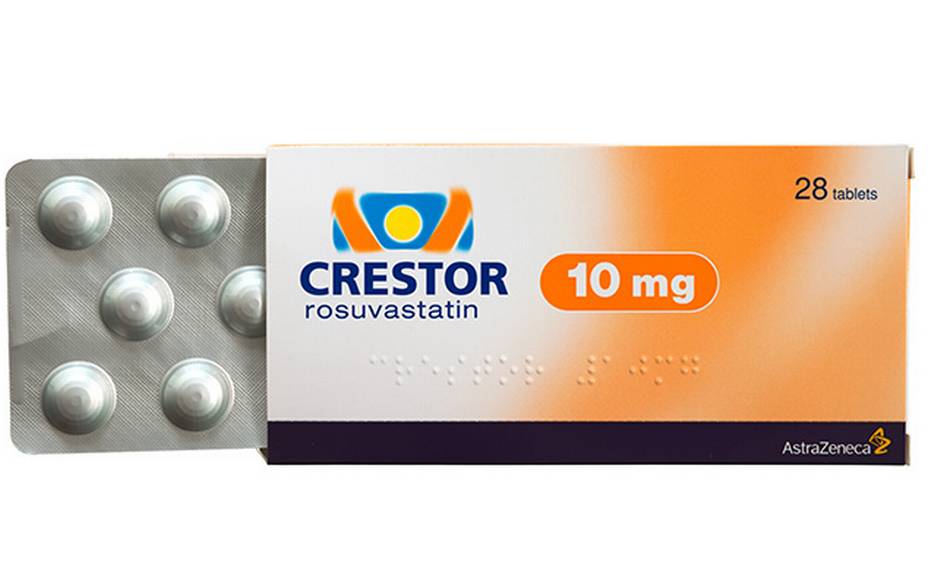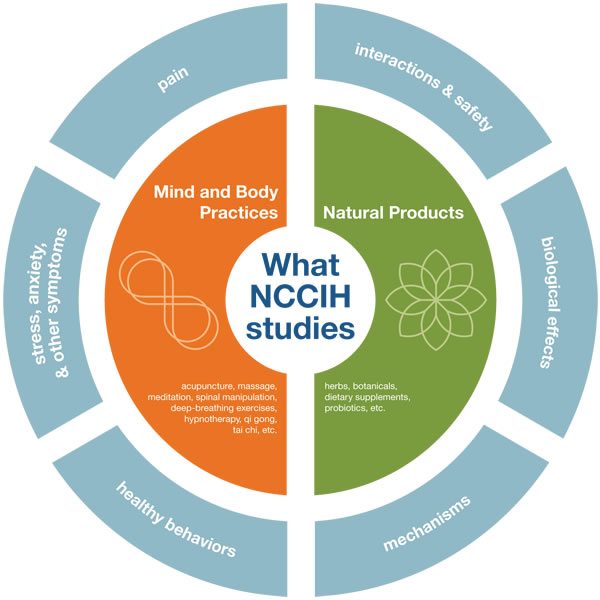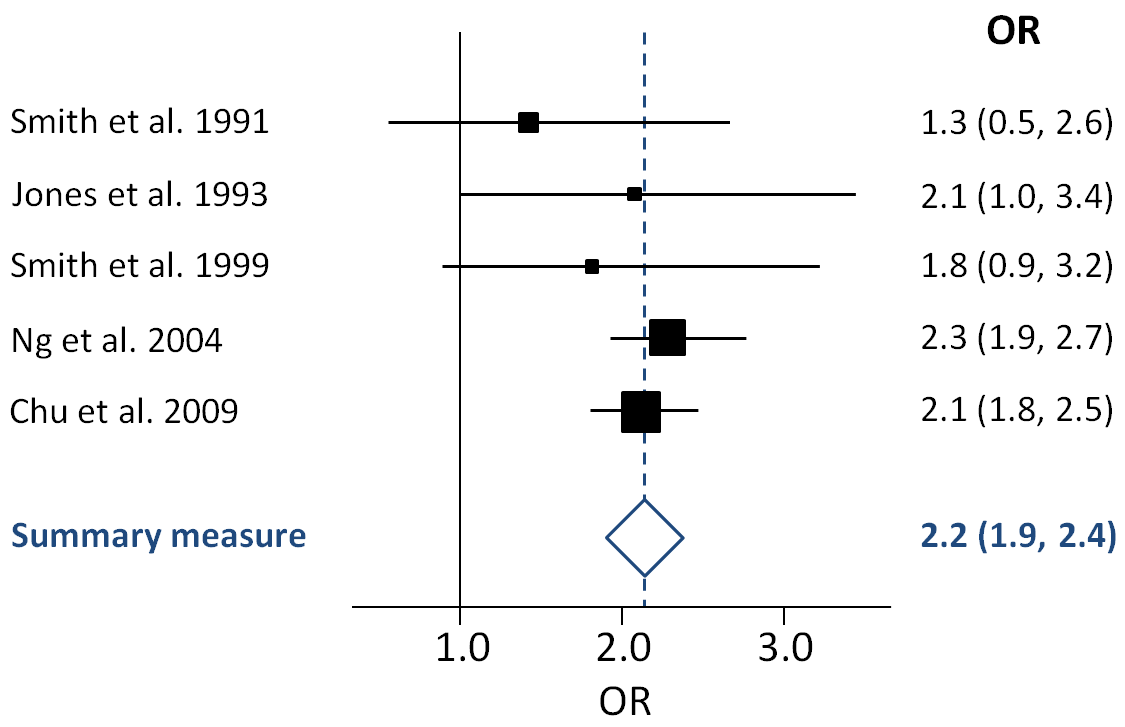Category: Clinical Trials

Acupuncture does not work for menopause: A tale of two acupuncture studies
Arguably, one of the most popular forms of so-called “complementary and alternative medicine” (CAM) being “integrated” with real medicine by those who label their specialty “integrative medicine” is acupuncture. It’s particularly popular in academic medical centers as a subject of what I like to refer to as “quackademic medicine“; that is, the study of pseudoscience and quackery as though it were real...
Chiropractic- Ignoring the Precautionary Principle Since 1895
Bleh. I turned from a short trip to the city of angles with a bad man cold that just isn’t going away. Those who do primary care all tell me that whatever is going around lasts 2-3 weeks. Great. I am not sick enough to get out of work but I am not well enough to have any enthusiasm to do anything....

Statins for everyone? Not so fast.
People love the idea of preventive medicine. Preventing a disease, before it occurs, seems intuitively obvious. But when it comes to taking medicine to prevent a disease before it occurs, people tend to be much less comfortable. Not only are there the concerns about the “medicalization” of healthy people, there are good questions about benefits, risks, and costs. Cardiovascular disease will kill...

NCCIH Strategic Plan 2016-2021, or: Let’s try to do some real science for a change
It’s no secret that we at Science-Based Medicine (SBM) are not particularly fond of the National Center for Complementary and Integrative Health (NCCIH). Formerly known as the National Center for Complementary and Alternative Medicine (NCCAM) and before that the Office of Alternative Medicine, NCCIH has been the foremost government agency funding research into quackery for the last 24 years, and, of course,...

The hijacking of evidence-based medicine
A hero of the blog, John Ioannidis, worries that evidence-based medicine has been hijacked, and when Ioannidis says something we at SBM listen. But has EBM been "hijacked"?
American Journal of Public Health article touts “potential public health benefits” of homeopathy
An article in the April, 2016 issue of the American Journal of Public Health caught my eye: “Homeopathy Use by US Adults: Results of a National Survey.” I was pleased to see that homeopathy use is actually quite low. The 2012 National Health Survey found that only 2.1% of U.S. adults used homeopathy in the last 12 months, although that was a...
Acupuncture for Coronary Artery Disease
I have spent the last 35 years mostly in acute care medicine. Spending my day in the hospital gives me the bias that we are fragile creatures who can die unexpectedly and easily. Much of the time we pull patients through, but I have a great respect for acute diseases. Over the years I have seen too many people wake up feeling...
Patient Beware: Off-label drug promotion by pharmaceutical companies
Pharmaceutical companies and their sales reps can distribute information, such as medical journal articles, about unapproved (“off-label“) uses of their drugs as long as they adhere to FDA guidelines. However, the FDA takes the position that this information must be distributed separately from information that is “promotional in nature,” i.e., for marketing purposes, a position that is now open to question. Off-label...
Are the recommended childhood vaccine schedules evidence-based?
We write about vaccines a lot here at SBM, and for a very good reason. Of all the medical interventions devised by the brains of humans, arguably vaccines have saved more lives and prevented more disability than any other medical treatment. When it comes to infectious disease, vaccination is the ultimate in preventive medicine, at least for diseases for which vaccines can...

Reporting results from clinical trials is vital for science-based medicine
Clinical trials must report on their outcomes, irrespective their results. Doctors and their patients need all the information, not just the good news stories, to make informed decisions.

